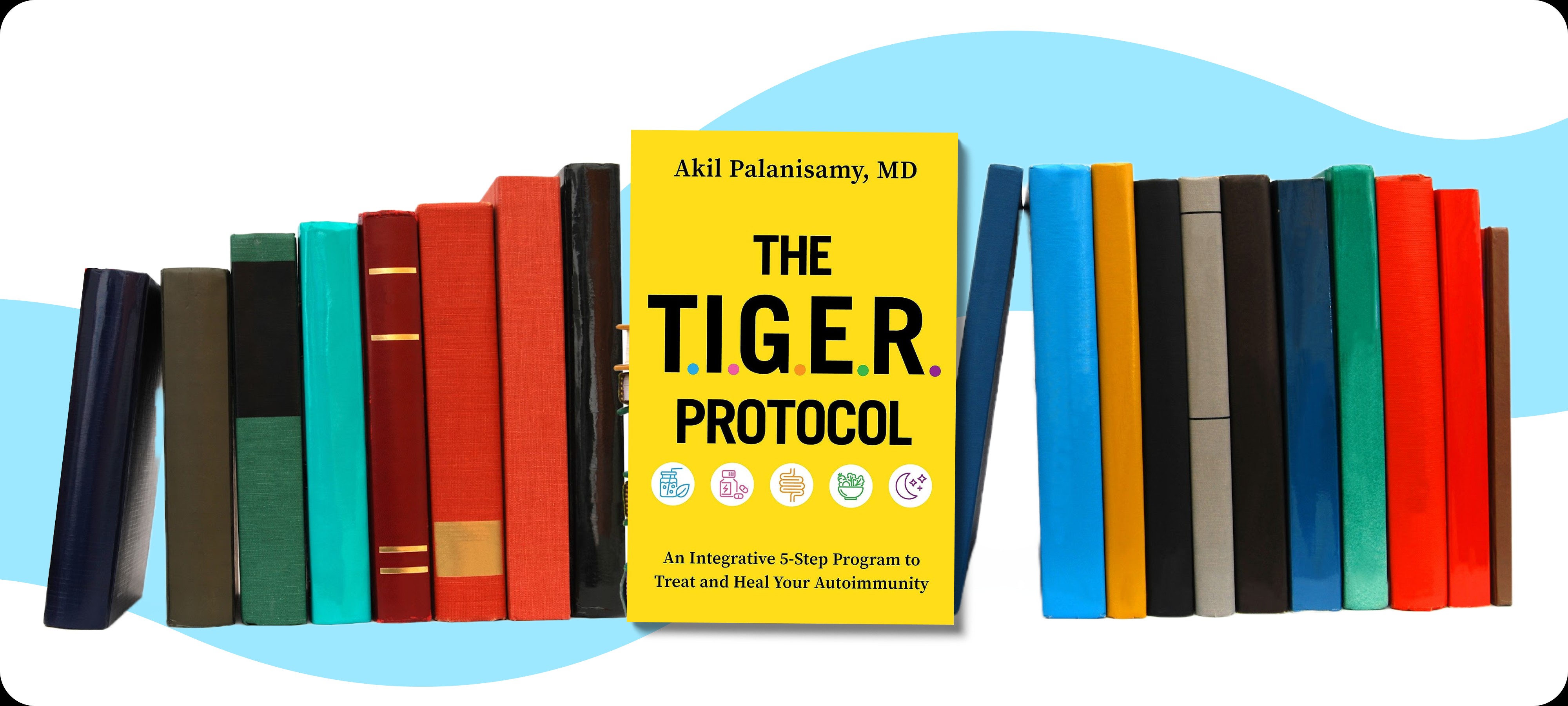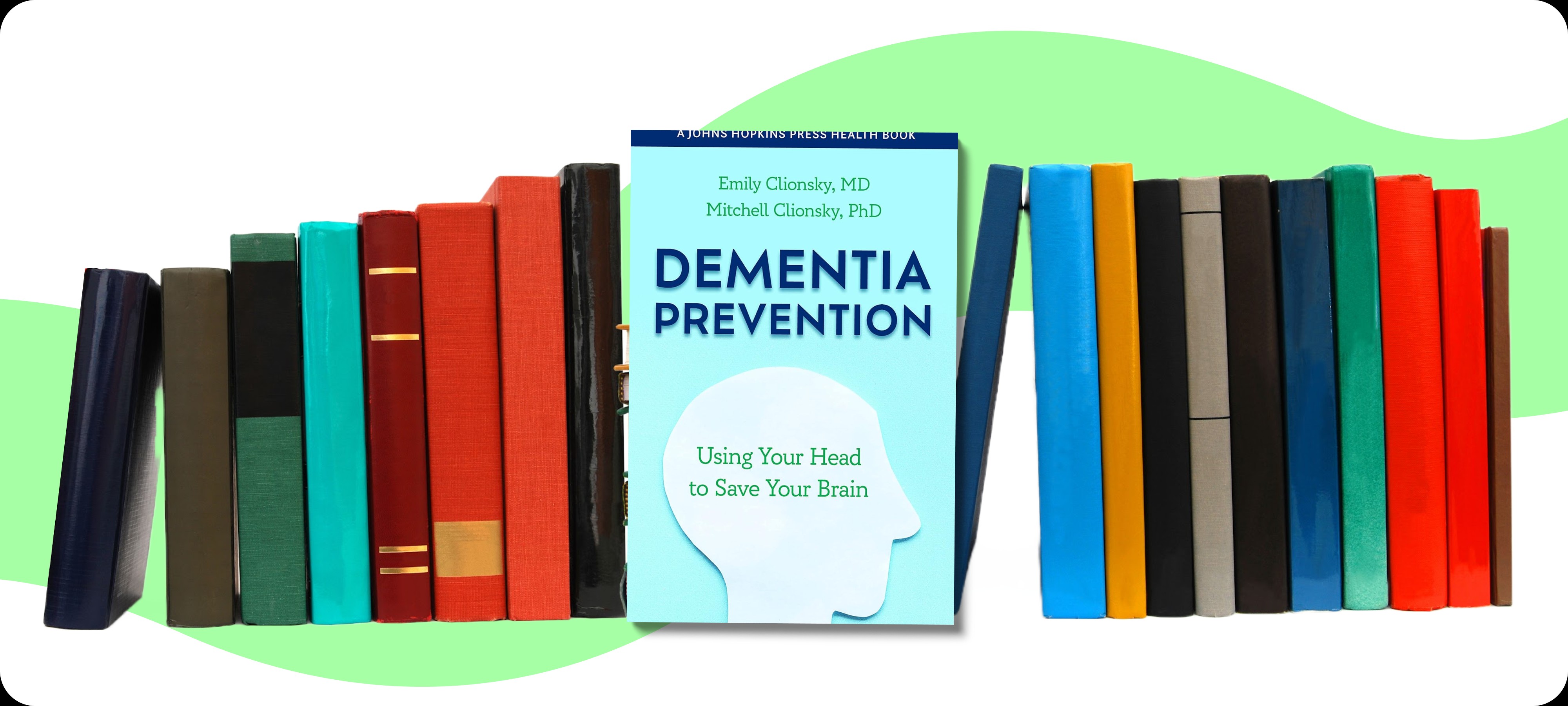In a world where health is paramount, the stark reality remains that heart disease, often synonymous with cardiovascular diseases, stands as the formidable adversary to our well-being. With a relentless grip on the global population, heart disease has earned its notorious distinction as the primary cause of mortality, claiming a staggering 17.9 million lives each year. This silent predator, lurking in the intricate network of our cardiovascular system, presents a formidable challenge to humanity’s collective health.
Amid this sombre backdrop, we turn our attention to The Expert Guide to Beating Heart Disease, a beacon of hope in the fight against this insidious foe. In this review, we embark on a journey through the pages of Dr. Harlan M. Krumholz’s enlightening work, a book meticulously crafted to address the pressing issue of heart disease.
Author’s background

Harlan M. Krumholz, M.D., holds the position of professor in cardiology, epidemiology, and public health at Yale University School of Medicine.
Additionally, he serves as the Yale-New Haven Hospital Center for Outcomes Research and Evaluation director. Dr. Krumholz boasts an extensive publication record, having authored over 250 journal articles. Furthermore, he actively participates in various cardiovascular care committees for prominent national organisations, such as the American Heart Association and the American College of Cardiology.
What is the book about?

The Expert Guide to Beating Heart Disease by Harlan M. Krumholz is a vital resource for individuals and their loved ones grappling with heart disease, the leading cause of death in both the United States and many other developed nations. This condition arises from the accumulation of fatty deposits within the arteries that supply vital nutrients and oxygen to the heart, resulting in restricted blood flow and various distress signals such as shortness of breath, chest pain (angina), or even heart attacks.
While heart disease is a chronic ailment without a known cure, the book highlights recent scientific advancements that have made it possible to manage and, in some cases, reverse the disease. These breakthroughs have led to increased survival rates among those with heart disease, but they have also resulted in more people living with this condition. To navigate the vast amount of information available on heart disease, readers require trustworthy, scientifically sound, and easily comprehensible guidance.
The book is structured into five chapters that cover a wide range of information related to heart disease, from understanding the condition and its risk factors to practical strategies for managing and improving heart health, including diet, exercise, and medication. The Expert Guide to Beating Heart Disease also explores emerging therapies, provides tools for success, and offers resources for readers seeking further information and guidance.
Table of contents

- Introduction: How to Use This Book
- 1. Understanding Heart Disease
- 2. Seven Key Strategies for Taking Charge of Heart Disease
- Strategy #1: Take Charge of Your Blood Pressure
- Strategy #2: Take Charge of Your Cholesterol
- Strategy #3: Take Charge of Your Fitness
- Strategy #4: Take Charge of Your Weight
- Strategy #5: Take Charge of Your Blood Sugar
- Strategy #6: Take Charge of Your Smoking
- Strategy #7: Take Charge of Your Medications
- Beyond the Key Strategies
- • Managing Your Diet
- • Consuming Alcohol
- • Taking Vitamins and Other Supplements
- • Reducing Stress
- • Using Hormone Therapy
- Research and Emerging Therapies
- • Making Sense of New Research
- • Promising New Heart Disease Therapies
- Staying Well and Prepared
- • Monitoring Your Heart’s Health
- • Guarding Against Other Health Risks
- • Making the Most of Your Doctor’s Appointment
- • Advance Planning
- Conclusion
- Appendices
- A. Quick Guide to Heart Disease Treatments
- B. Tools for Success
- C. Seattle Angina Questionnaire
- D. Drug Interactions
- E. Tests and Medical Procedures
- Resources
- Glossary
- References
- About the Author
Three key takeaways from The Expert Guide to Beating Heart Disease

The book presents seven strategies for taking charge of heart disease, such as blood pressure, cholesterol, fitness, weight, blood sugar, smoking and medications. In this review, we will cover three of these strategies. If you find this information useful, the remaining four await your discovery within the pages of the book.
1Take charge of your blood pressure
Understanding and managing your blood pressure is crucial for maintaining heart health. Blood pressure is the force of blood moving through your arteries, and it’s essential for delivering oxygen and nutrients to your body’s cells. High blood pressure, also known as hypertension, can lead to serious health problems, yet it’s often called ‘the silent killer’ because it typically has no noticeable symptoms. Monitoring your blood pressure regularly is vital, as hypertension increases your risk of heart attacks, strokes, and other cardiovascular issues. Lifestyle changes, including weight loss, limiting alcohol intake, regular exercise, reducing salt consumption, and quitting smoking, can significantly lower blood pressure and improve heart health. In some cases, medication may be necessary to manage hypertension effectively. The choice of medication can vary, with different drugs offering different benefits, and ongoing research continues to refine treatment strategies for high blood pressure.
2Engage in regular physical activity
Receiving a heart disease diagnosis can be an unsettling experience, but it’s essential to understand that exercise is a crucial component of managing heart health, even for those with heart disease. Studies have shown that exercise-based rehabilitation can strengthen the heart, improve cardiovascular health, and reduce the risk of fatal heart attacks or strokes in individuals with heart disease. Regular physical activity not only strengthens the heart muscle but also enhances the health of arteries and the overall cardiovascular system, reducing the likelihood of dangerous blood clots. Exercise lowers blood pressure, increases HDL (good) cholesterol, controls blood sugar levels, and boosts endurance. Engaging in an exercise program, even after a heart attack, can significantly lower the risk of heart problems and stroke. Recommendations from health organisations suggest that adults aim for at least 30 minutes of aerobic exercise daily, gradually increasing physical activity in their daily routines. Exercise should be tailored to individual abilities and preferences, with a focus on consistency. While there is no one-size-fits-all approach to exercise, finding enjoyable activities and incorporating them into daily life is key to maintaining heart health and longevity.
3Manage your blood sugar
Blood sugar management is crucial for overall health, and diabetes is a condition that affects millions of Americans. Understanding the role of glucose in the body and the importance of insulin in regulating it is fundamental. Diabetes comes in two main types: Type I, where the pancreas doesn’t produce enough insulin, typically appearing at a young age; and Type II, where the body’s cells become resistant to insulin, usually manifesting later in life and often associated with obesity. Genetics play a role in diabetes, but lifestyle choices like unhealthy eating and physical inactivity significantly contribute. High blood sugar levels can lead to various health complications, particularly heart disease, making it essential for individuals with diabetes to control their blood sugar levels. Strategies for managing blood sugar include maintaining a balanced, low-calorie diet, watching carbohydrate intake, losing excess weight, and engaging in regular exercise. These lifestyle changes can help individuals prevent and control diabetes, ultimately reducing the risk of heart disease and other complications.
Strengths and weaknesses, according to readers’ reviews

Strengths
-
Compiles the latest data on heart disease, serving as a comprehensive and up-to-date guidebook.
-
Explains the significance of various medical tests and their results, empowering readers to be well-informed.
-
Offers guidance on questions to ask healthcare providers, facilitating shared decision-making in treatment.
Weaknesses
-
Some readers, particularly those with no prior knowledge of heart disease, might find certain sections overwhelming due to the complexity of the subject matter.
Best quotes from The Expert Guide to Beating Heart Disease

“In a recent clinical study involving people with long-standing hypertension, a relatively new medication called an angiotensin receptor-blocker (ARB) lowered blood pressure just as well as beta-blockers. Furthermore, ARBs prevented even more heart attacks, strokes, and deaths than the beta-blockers over the long term. These benefits were especially strong for people with di-abetes.”
“Being obese or overweight, especially if that weight consists significantly of abdominal body fat, is closely linked to insulin resistance. That's the bad news. The good news is that research shows that losing this weight lowers that insulin resistance. Moderate weight loss, on the scale of 10 to 20 pounds, has been shown to lead to lower glucose levels, cholesterol, and blood pressure- all outcomes that reduce your” risk of heart disease. Of course, losing weight and keeping it off is seldom easy.”
“More than 10 million Americans are suffering from diagnosed diabetes. Another 5 million have the disease and don't know it.”
”Excess cholesterol collects on the insides of the artery walls in fatty streaks. It's one of the primary constituents of the plaques that cause arteries to narrow and ‘harden,’ making them vulnerable both to rupture and blockage. As we've seen, when this occurs in arteries supplying the heart, it can damage the heart.”
Final takeaway

The Expert Guide to Beating Heart Disease by Dr. Harlan M. Krumholz serves as an indispensable resource for anyone touched by heart disease, whether directly or indirectly. Dr. Krumholz’s extensive background in cardiology and public health shines through as he distils complex medical concepts into clear and straightforward language. This book empowers readers to understand and manage heart disease effectively, offering the latest data, insights into medical tests, and guidance on questions to ask healthcare providers.
It is a must-read for individuals dealing with heart disease or those with a family history of the condition, making it a valuable resource for a wide audience.
Where to buy
You may purchase The Expert Guide to Beating Heart Disease on Amazon at the best price. It is available in paperback and Kindle versions, so you may choose an option that appeals to you the most.








